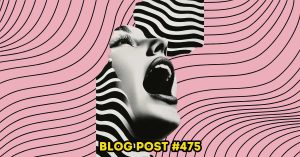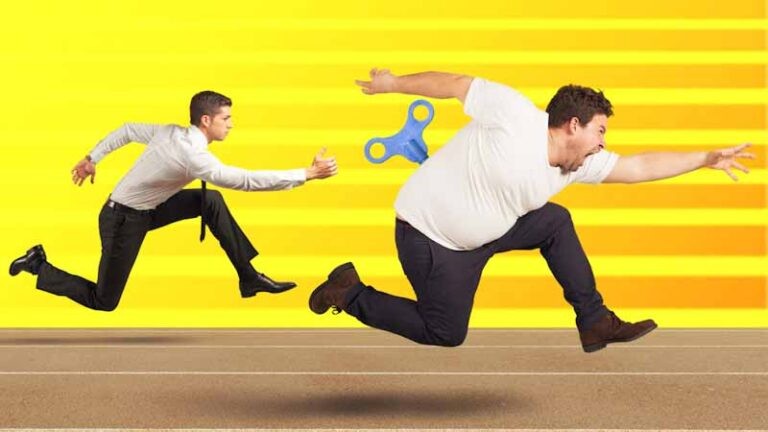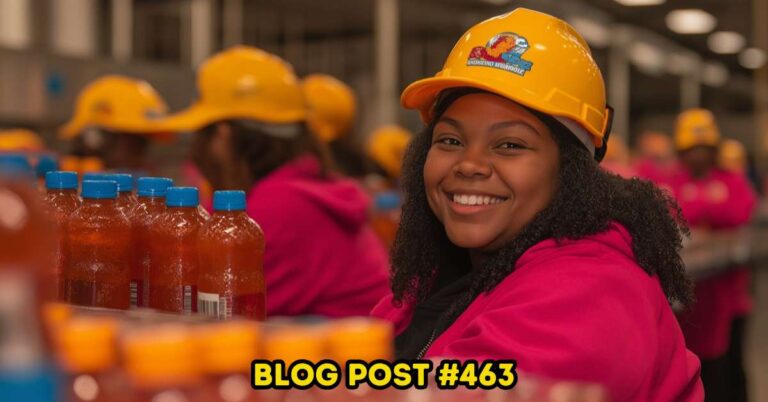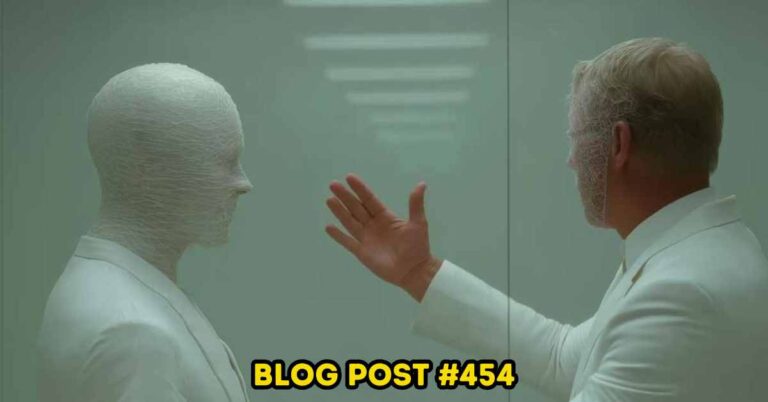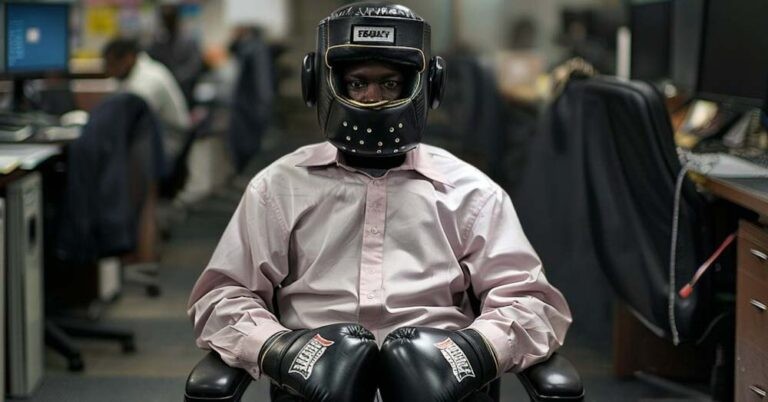Our natural state is of the least effort, peace, and tranquility. We want to be happy, relaxed, and procrastinating, but the exact desire to be happy keeps them from achieving even greater life satisfaction, which is a problem. As such, we need to find a healthy work-life balance, adding an occasional good butt-kick to the mix, so we can continue being awake and performing.
What is Origins of Procrastination?
In his book, Civilized to Death, Christopher Ryan states that before the advent of agriculture, which happened around 10.000 years ago, people lived in societies typically characterized as hunter-gatherers. Their lives had some difficulties, such as the possibility of being eaten by a dangerous animal, dying from some disease, and many other dangers. And yet, generally speaking, these events were rare, and people lived quite peacefully and abundantly. In other words, while they did have to do some work to survive, this work was moderate at best, and people spent a lot of time relaxing.
This desire to relax has passed on to our lives today, which we now call “procrastination.” Today, we live in fast-moving societies, governed by a different set of rules than those used during the hunter-gatherer days. As such, we can’t go back to the “good old days,” and we need to adapt to new modern-day circumstances. Today, if we are not doing something, we will probably see negative results of this inaction in the long-run, while at the same time, we will still want to procrastinate. There is a conflict of interests.
Why Negative Emotions are Bad For Us, But They Are Necessary?
Einstein once said that “darkness is the absence of light,” Therefore, negative emotions are an absence of positive emotions. People are afraid of negative emotions and try to avoid them like cancer. Little do they realize that negative emotions are necessary because they tell us that something is wrong in our lives. Thus, we want to have some negative emotions, but only to the point that they make us aware that we need to transform a negative feeling into a positive one. Anything more, and we aren’t doing it right.
To this degree, the Buddha said that “we should not be afraid of having negative emotions. Instead, we should be afraid of not knowing how to deal with these negative events”. As such, we should welcome negative emotions into our lives but deal with them on time. We should not stay in a state of negativity for an extended period, as this is not healthy (it can take away up to 10 years of your life), and it can destroy our sense of well-being in a process.
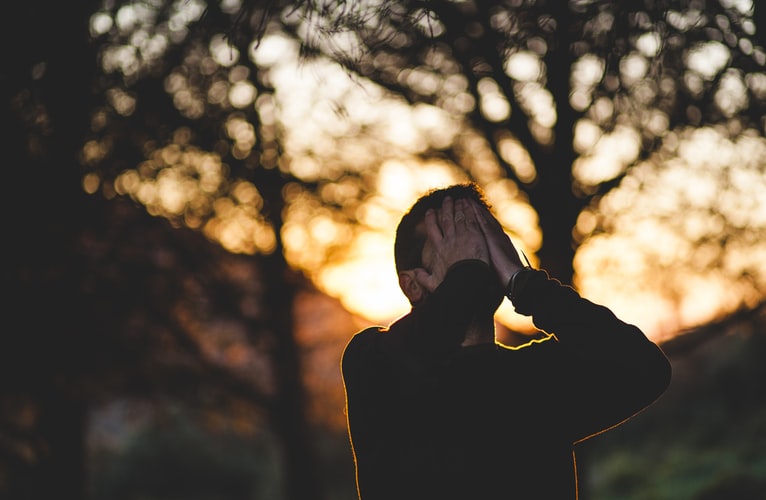
Forces That Prevent Us From Taking Action
And yet, we often are afraid of doing something that we know we should be doing. Why is that? One reason for this is because we are scared. For example, what if it does not work for us? Then it will mean that we are losing that little sense of ownership that we think we got. Oppositely, often, we feel like doing nothing as it is the path of less resistance and, therefore, we prefer it.
However, in the long-run, taking action will lead to better results and happiness because we will learn what’s working and what’s not. Said, no obstacle can resist an unstoppable forward motion. As such, short-term pain can alleviate long-term suffering, and therefore occasionally, we need to force ourselves to do the necessary work, even if we don’t want to do it.
What is the Definition of a Good Butt-Kick?
A good motivation is when an butt-kick helps us stand up from the couch’s comfort and do that thing that you need to do, even if we don’t want to do it. I usually know what I need to do. It can be:
- An action that I have been putting off;
- Something that I least want to do;
- Something that creates negative emotions in my life; or
- The most important thing I need to do.
To this degree, even the smartest, happiest, and most productive people alive need to have their butt kicked from time to time. This is even more true for everyone else, who is arguably performing at a much lower rate than them. I need my butt regularly kicked in order not to become complacent, and I bet you need to have it, too. Aren’t you putting off something that you know you need to do?
And while an excellent occasional butt-kick can take us far, too much butt-whooping can be demotivating.
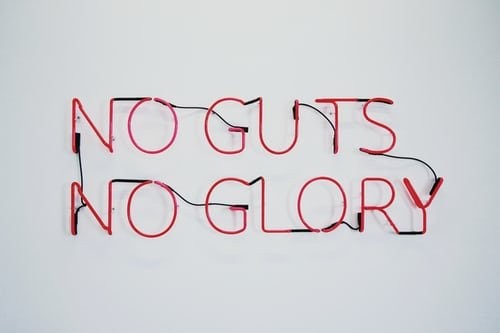
The Optimal Amount of Butt-Kicking
In his book, Flow: The Psychology of Optimal Experience, Hungarian-American psychologist Mihaly Csikszentmihalyi, talks about an experiment he did, which led him to discover the famous state of flow.
Nearly, he gave his test subjects a pager and a notebook and told them to write down what they were doing and how they felt whenever the pager would beep. Naturally, the pager beeped at random times. Using this data, Csikszentmihalyi concluded that people mostly enjoy the times of day when they are most present and involved in an activity, the already mentioned state of flow.
Csikszentmihalyi also discovered that people mostly enjoy tasks that are challenging but not too complicated. If a job is too simple, a person will become distracted. If a task is too hard, a person could easily give up. As such, the just-right amount of challenge was required for people to enjoy the state of flow.
It means that we need to have our butt kicked regularly, but not too much. If the butt-kicking is too little, we may become too relaxed, while if it is too much, we can go into a state of learned helplessness.
One Last Butt-Kick, Please
Overall, we need to have our butt kicked regularly, but there is a sweet point between when the butt-kick becomes too little and too much. As such, if you haven’t had your butt kicked lately, it is because you are playing it too safe and not challenging yourself enough. You may be in danger of having more problems in the long run because you aren’t addressing the issues you have today. Oppositely, if your butt is being kicked too much and regularly, it is a good indication that you waited too long to do what needs to be done. Now, you have to take drastic action to address all the problems currently in your life.
Thus, Optimal Happiness is not a place of life when you are always chilling and having fun. However, it is a place of joy that comes from everyday experience, whether positive or negative, but it is also a place of work. In contrast, we are proactively addressing problems that can come up tomorrow.



